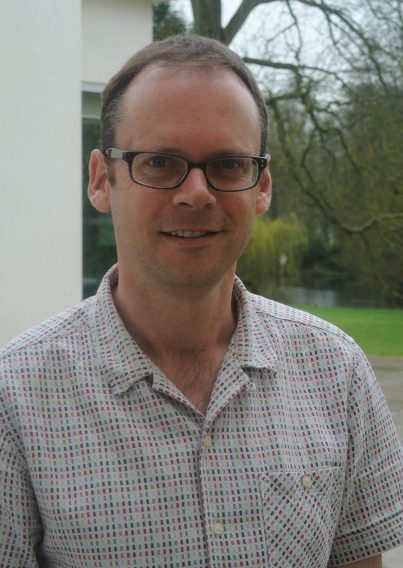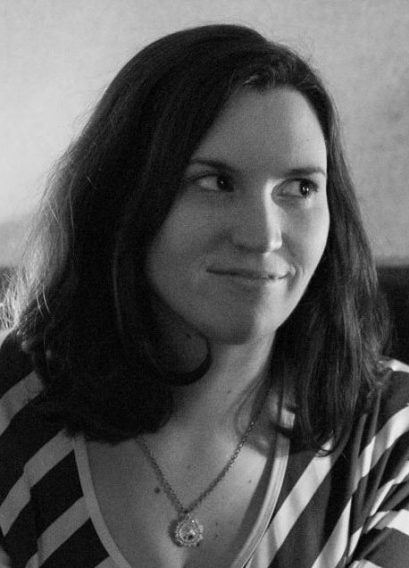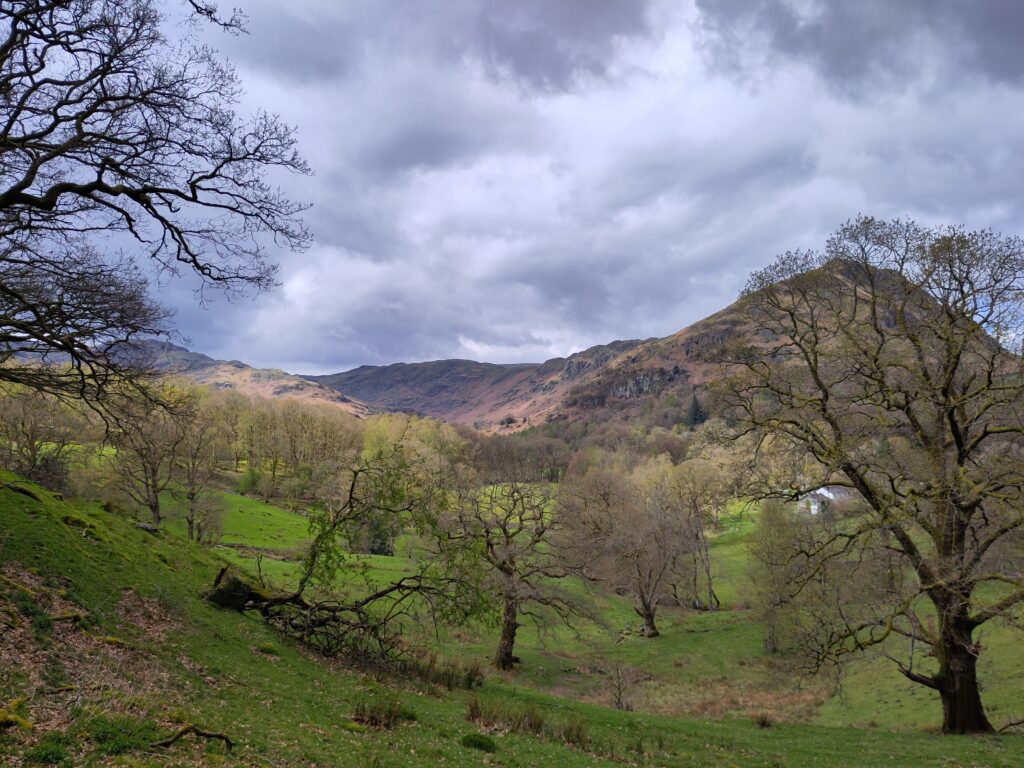Course tutors Michael Eccles and Ruth Wilde chat about what the concept of discipleship might be for Quakers and what they hope to explore on their course which will take place from the 20th to the 22nd April 2018:

Michael:
Tell us something about your background and what led you to be interested in discipleship?
Ruth:
I got interested in discipleship a few years ago when I was involved with the Anglican Church and I was thinking about becoming a priest. I was working in business, and had just met my wife-to-be. We both dropped everything we were doing and we went to do a placement for a year in a church working with a priest on social justice. It was the social justice element drew us to that role. I think our actions are as important as our beliefs. It’s important to live out our faith practically.
I didn’t know what was going to come next. After a year of doing odds and ends in admin jobs, I got a job with the Student Christian Movement (SCM) in Birmingham, working on faith in action and running workshops with students.
For me, discipleship is about two things really:
- Being prepared to take a risk in order to follow the ‘calling’ or ‘leading’ of God, the Light, the Spirit (or whatever we choose to call it!).
- Faith and action hand-in-hand. Putting our faith and beliefs into practical action, and always remembering that our action comes out of our faith. It’s very important to keep renewing and revisiting our spirituality and faith in order to ground our action in a deep understanding of why we do the things we do. Faith nurtures action and action nurtures faith.
Michael:
Why do you think discipleship is important for Quakers to consider?
Ruth:
I realise it’s not a word that Quakers commonly use. The word indicates that you are following someone, but Quakers don’t usually say they are following someone – some talk about following Jesus but many don’t consider they are following anyone specifically.
I want to explore this more, to think about whether we as Quakers are following anyone.
For me, it’s an interesting thing to think about. I don’t want all Quakers to be Christians or to feel that they are following someone. But I think it’s important to have a spiritual reason behind what you do, behind our actions.
We believe very strongly in what we do and I think it’s important to link our practice to our beliefs and our passions & values. If we can put our finger on who we are and what we’re following that helps us to understand and nurture ourselves better.
Michael:
We’re running the course together so I can say a little about what we’ll be doing during the weekend. We plan to go into the origins of Quakerism and think about Jesus’s teachings and how they relate to us today. We’ll also spend some time looking at more contemporary Quakerism and how discipleship features there.
Can you say a bit more about what we’ll be doing at the weekend?
Ruth:
As well as looking at the Christian roots of Quakerism I hope we will look into some other faiths. We’ve got Stuart Masters, another tutor at Woodbrooke, coming to talk about early Quakerism and Mike Nimz a local Anabaptist who will share some thoughts about the similarities between Quakers and Mennonites.
We will have time to listen to people on the course – ask them what they think. And to spend time thinking about who or what – if anything – we are following.
Michael:
I understand that you’ve recently started working for the charity Inclusive Church. Can you tell us something about your role there?
Ruth:
Following on from my job with SCM, in January 2018 I started a new role as the National Coordinator of Inclusive Church – it’s a half-time role. The charity focuses on educating churches in six particular areas of inclusion: mental health, disability, sexuality, gender, ethnicity & race and economic exclusion.
It’s an ecumenical charity, it began as an Anglican organisation, but many of us – including me- are not Anglicans.
Tell me a bit more about yourself, Michael.
Michael:
I work at Woodbrooke as the Quaker Peace & Social Witness Tutor running pre-placement preparation sessions for one year peaceworkers and ecumenical accompaniers who go to Israel and Palestine. Until mid-March I will also co-ordinated Woodbrooke’s work with Young Adult Friends. However in mid-March I will be starting a new role working with Friends internationally, at the Europe and Middle East level. Globally, Friends are much more likely to consider themselves as disciples of someone or something, so I’m particularly interested in thinking about it with that in mind.
Thanks for taking the time to chat about the course Ruth. Looking forward to working with you in April.
For more information about the course, including online booking, please follow this link: https://www.woodbrooke.org.uk/item/quaker-discipleship/



